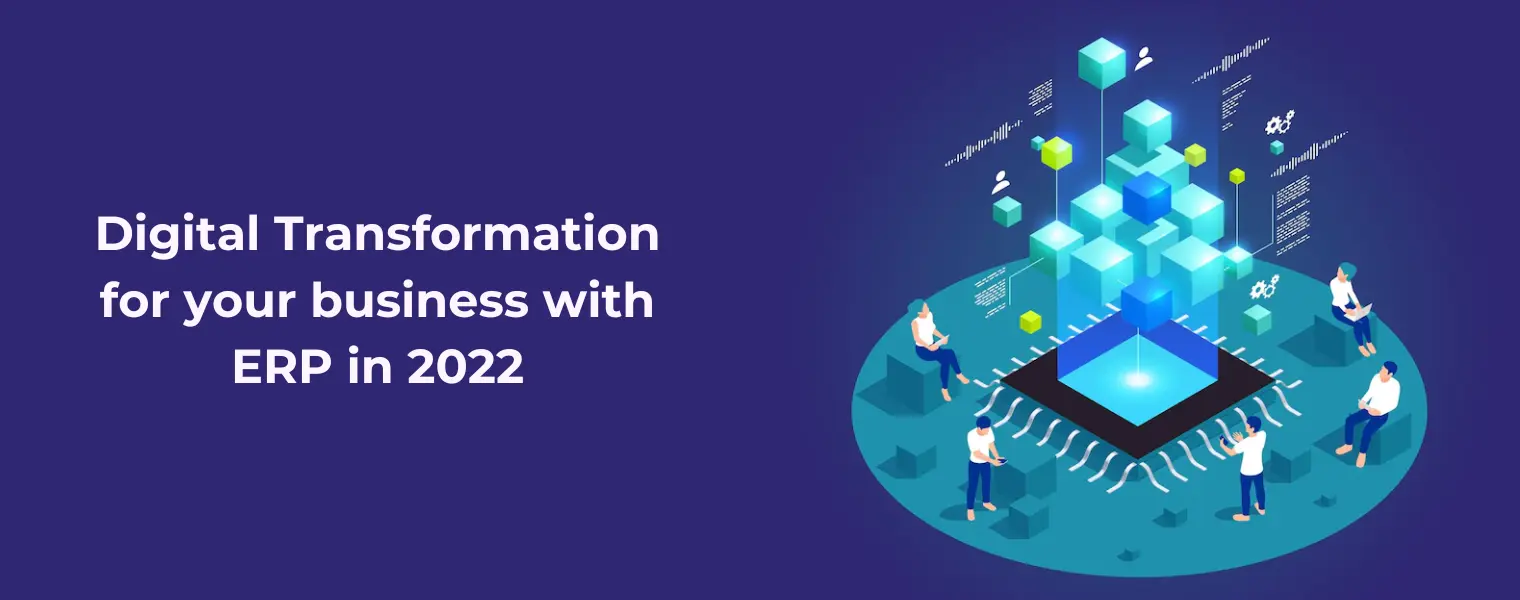
Digital Transformation refers to the process of incorporating digital technology into every facet of a business, leading to significant shifts in operations and the way value is provided to customers. This process is a key element of a broader business transformation strategy. While it’s not the sole component, it plays a vital role in determining the success or failure of any organization. For companies to swiftly adjust, fulfill emerging customer demands, and foster future growth and innovation, they need to focus on their people, processes, and operations. To stay competitive in an ever-evolving global market, organizations must be agile and embrace new technologies quickly.
As we move into the new decade, it's becoming increasingly evident that for businesses to thrive and stay competitive, they need to enhance their resilience, competitiveness, and adaptability. Organizations must evolve their digital frameworks, beginning with the foundational materials and initial supply chain levels, and advancing to address the swiftly changing customer expectations for more tailored services, while also modernizing and innovating traditional business models. Since the pandemic, there has been a noticeable urgency among business leaders to digitize and upgrade their processes and outdated systems. Consequently, companies that leverage digital tools to embrace a more agile, flexible, and customer-focused strategy will find greater success in leading their markets both now and in the future.
In order to stay ahead in the competitive landscape, modern organizations need to optimize their operations to address growing competition and customer expectations. A key objective of digital innovation efforts is to empower business teams and leaders to thrive by enhancing efficiency and simplifying processes. While new technologies play a crucial role in driving transformation, factors such as business processes, models, organizational culture, and a willingness to embrace digital innovation are equally significant.
To keep up with evolving business goals, competition, and customer expectations, it's essential to continually adjust long-standing processes and workflows. Many people mistakenly equate digital transformation with business transformation and digital innovation. However, digital innovation is actually a component of a technological framework that supports the overhaul of a company's processes.
While business process and task transformation focus on modifying workflows and tasks, business model transformation looks at how value is generated within specific industries. Thanks to digital automation, companies are reimagining their traditional business models to stay relevant.
For successful implementation, it's vital to align digital innovation with the organization's culture and values. Neglecting to embrace new digital technologies can lead to missed goals, decreased competitiveness, and a decline in revenue and brand reputation. Additionally, a lack of trust in the corporate culture can negatively affect employee performance, motivation, and overall well-being.
Today’s businesses leverage digital innovation to unify all facets of their operations. Intelligent technologies provide the necessary tools to not only survive but also thrive in the era of digital automation.
Monitoring performance and ROI is often a retrospective process for many companies. Once data is gathered, processed, and manually analyzed, the opportunity has already passed. With a modern ERP system, businesses can access real-time data, customize powerful analysis algorithms, and make timely decisions.
IoT devices and machines continuously transmit data, machine logs, and performance reports through advanced analytics. This data can be utilized for predictive maintenance, reducing downtime, and enhancing productivity and workflows.
Businesses are starting to adopt new technologies not only for their efficiency but also to simplify interfaces and offer workers a more intuitive interaction experience. Even if the backend is efficient, enterprise applications with cumbersome user interfaces can complicate employees' tasks.
Due to evolving consumer and market expectations, the focus on business model innovation as a way to generate value is undeniably growing. Companies must, however, be capable of analyzing and implementing real-time data. This assists in the evolution of business, payment, and customer experiences, as well as the creation of automated and intelligent processes to manage these changes.
Nowadays, businesses are shifting towards digital automation and innovating their processes, envisioning a new way of working. Utilizing a top-notch ERP Software can assist them in this transformation by offering a reliable solution that promotes business expansion while being tailored to meet their specific requirements both now and in the future. With DoFort ERP software, your business can smoothly transition into a more digitally-driven operation. It encourages collaboration across different functions, utilizes data effectively, encourages creativity, and adopts new technologies as they emerge. Get in touch with us for further information or to arrange a complimentary demonstration. Get in touch with us for more information.
Welcome to DoFort !